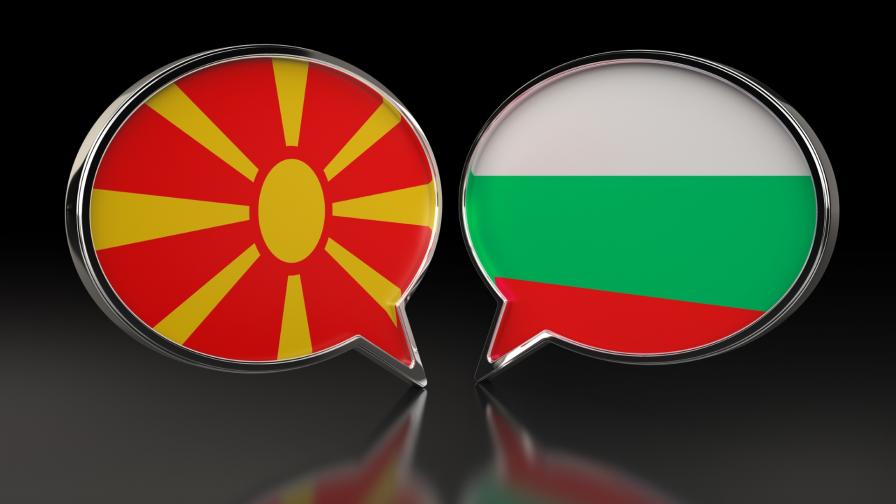Northern Macedonia has no dilemma that the Bulgarian community has the freedom to express ethnic and cultural characteristics, but this does not mean that the ethnic and cultural characteristics of the country should be denied.
This was stated in an interview with Television 24 by Macedonian Foreign Minister Bujar Osmani in another call for them to be included in the constitution as an ethnic community (along with Albanians, Serbs, Turks, Bosniaks, Vlachs and Roma). The first diplomat expressed such an idea in February, before the April census, which had not taken place for 20 years. However, the census was then postponed again due to the coronavirus, and is currently in full swing (taking place this month).
Earlier, Prime Minister Zoran Zaev, although he accepted the idea in principle, expressed a different opinion. He allowed the entry of Bulgarians in the constitution only after joining the European Union.
If the Bulgarians are too few
Osmani was asked whether if the current census shows that a very small percentage have declared themselves Bulgarians, despite Sofia’s insistence that the community enter the constitution (in fact, the Foreign Ministry’s insistence is usually more about guarantees of protection of rights), it fails. “the thesis that the Macedonians are Bulgarians”.
The first diplomat explicitly pointed out the difference between the two constitutions – that the Macedonian one, unlike the Bulgarian one, recognizes specific ethnic communities and has a “multiethnic character”.
“I think that the best way to reject the thesis of the Republic of Bulgaria that we are putting pressure on citizens who want to express their Bulgarian feelings is the invitation: come, you will be able to be in the constitution as part of the Bulgarian people … because if the state is recognized by anything in the world, it is that it recognizes ethnic communities and that is only added value. “
Asked again to explain whether he expects a small number of Bulgarians to hear criticism from Sofia for the pressure on the community, he said that he now hears the same criticism and this will probably continue, but that he has not seen evidence.
Neither the host nor the Ottomans got into the details. The Vlachs, the smallest registered ethnic community, are less than 10,000 according to the 2002 census. According to old official data, there are a little over 1,400 Bulgarians, but in Sofia and in some Bulgarian organizations it is claimed that the number is much higher. At the same time, tens of thousands of Macedonians also have Bulgarian passports.
“No one can force decisions on us”
Osmani explained that the Macedonian government was “transparent” to the formal proposals made in several successive European presidencies to resolve the dispute – the short name, language and regulation of monitoring the implementation of the treaty, contrary to the opposition’s claims of “Bulgarian non-paper”. “with conditions imposed by Sofia.
The issue is important for the security of the region and must be resolved, Osmani said. Asked whether Bulgaria’s positions were underestimated a year and a half ago, the minister explained that the cabinet had always been fair to its own Macedonian positions and that the important thing now was to “seek a solution that satisfies both sides”.
Asked whether “Open Balkans” aims to show Bulgaria and the EU that Northern Macedonia does not need them, he explained that this is another regional initiative, but the important thing is that it is its own and in it the countries are trying to solve already placed problems. Asked whether Skopje was increasingly dependent on an economically growing Belgrade, the first diplomat denied and assured that no one could impose decisions on his country.









